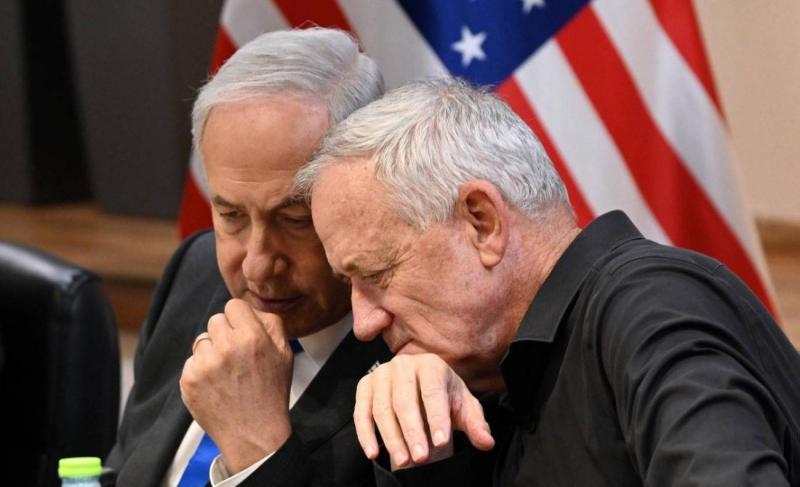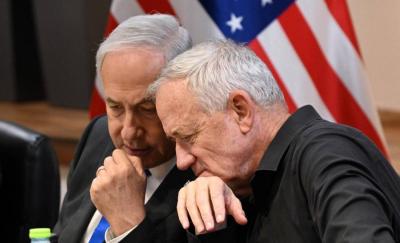The threat by Israeli war council member Benny Gantz to withdraw from the Israeli government if it does not adhere to a clear war plan for Gaza has raised questions about the implications for the governmental coalition and the political future of Prime Minister Benjamin Netanyahu. Gantz demanded that the war government approve a six-point plan for the Gaza conflict, primarily focused on the return of Israeli captives held by Hamas, eliminating the organization's governance, disarming Gaza, ensuring an Israeli military presence, and establishing a clear war strategy, including creating a European-American-Palestinian civilian administration for the sector, normalizing relations with Saudi Arabia, and enlisting students from religious institutions in Israel to strengthen the army.
Netanyahu quickly responded by rejecting the deadline proposed by Gantz, claiming he "chose to threaten the Prime Minister instead of Hamas," and reiterated his absolute opposition to the creation of a Palestinian state as part of a normalization deal with Saudi Arabia. Israeli National Security Minister Itamar Ben Gvir also responded to Gantz, describing him as "a small leader but a big clown"; however, he noted that "the time has come to dissolve the war council, which is mired in past hypotheses, and change the policy to be responsible and strong."
Gantz's threat comes after months of escalating tensions within Netanyahu's government regarding the handling of the war, and just days after Defense Minister Yoav Galant criticized Netanyahu for the lack of a post-war plan for Gaza. The Financial Times indicated that the withdrawal of the National Unity Party led by Gantz would not automatically lead to the overthrow of Netanyahu's five-party coalition or trigger early elections, as Netanyahu and his far-right allies would still control 64 seats in the 120-member Knesset. According to the newspaper, this would have implications, as such a step would mark the end of cooperation among Israeli parties, and it would also bring Netanyahu closer to the two far-right parties in his coalition, led by Finance Minister Bezalel Smotrich and National Security Minister Itamar Ben Gvir.




